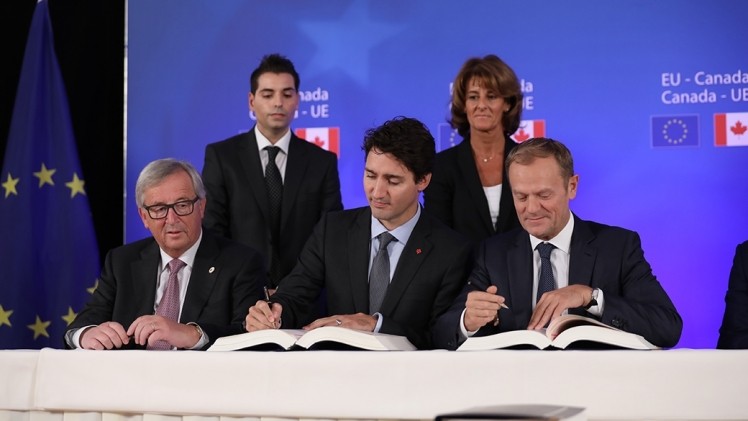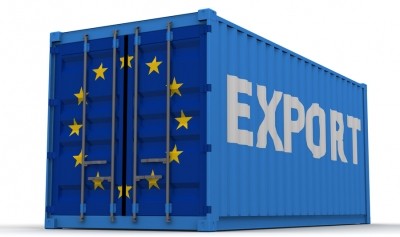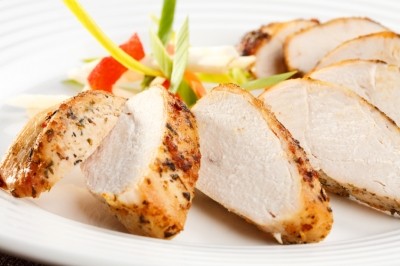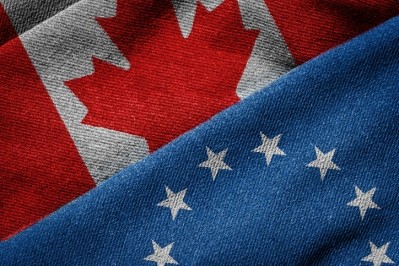CETA trade deal signed while opposition remains

The trade deal was signed by Jean-Claude Juncker, president of the European Commission, Donald Tusk president of the European Council, Robert Fico, Prime Minister of Slovakia and Justin Trudeau, Canadian Prime Minister.
It includes chapters on sustainable development, labour and the environment.
The signing means it can begin the ratification process through the Canadian Parliament and the 28 member countries of the EU.
Food safety regulation unchanged
The Commission said CETA will not change the way the EU regulates food safety, including on GMO products or the ban on hormone-treated beef.
“All imports from Canada have to satisfy EU rules and regulations. For example, only hormone-free meat will ever be imported into the EU,” it said.
Negotiations on the trade deal have taken seven years and were delayed a few more days after Belgium’s Wallonia region initially vetoed the agreement.
Around 99% of import duties will be eliminated, saving European exporters of industrial goods and agricultural products more than €500m a year.
In terms of EU's Geographical Indications, Canada agreed to protect more than 140 European goods in the country, such as Prosciutto di Parma and Schwarzwälder Schinken.
Products protected are the most exported EU ranging from Roquefort cheese, to balsamic vinegar from Modena and Dutch Gouda cheese.
Canada exported C$2.6 billion in agriculture and food products to the EU in 2014, according to the Canadian Agri-Food Trade Alliance (CAFTA).
“The agreement could drive additional exports of up to C$1.5bn, including $600m in beef, $400m in pork, $100m in grains and oilseeds, $100m in sugar containing products and a further $300m in processed foods, fruits and vegetables,” it added.
Justin Trudeau said the signing of the trade deal was an ‘historic occasion’.
“This modern and progressive agreement will reinforce the strong links between Canada and the EU, and create vast new opportunities for Canadians and Europeans alike - opening new markets for our exporters, offering more choices and better prices to consumers, and forging stronger ties between our economies.”
CETA opposition
The Council of Canadians had earlier said the agreement would put food safety at risk in a joint report.
It listed areas where Canada’s regulations are different than the EU’s, including genetically modified foods, pesticides, food dyes, chlorinated chicken and hormones.
Other items were ractopamine, a beta agonist growth stimulant, banned in the EU but permitted as a veterinary drug injected in cattle, swine and turkeys in Canada and Canadian regulations allowing beef and chicken to be washed and processed with chlorinated water which is banned in the EU.
A contributor to the report, War on Want, said the signing ceremony was a ‘promotional opportunity’ designed to push a ‘toxic trade deal’ and trade agenda.
Vicki Hird, of War on Want, said CETA has been examined by parliamentarians representing the public and its flaws realised.
“The threat it presents to national regulations that protect our health and the environment and the deeply undemocratic investor court system (ICS) - giving corporations and investors special rights and priviledges - have now been exposed," she said.
“The deal struck this week in Belgium opens the process up to legal attack and procedural delays. Crucially, opposition to CETA is not confined to Wallonia but is spread across the EU and Canada and the deal will now be under ever greater public, national and European parliamentary scrutiny.”
Greenpeace said CETA’s primary aim is not to eliminate trade tariff barriers, but to remove obstacles to trade due to differences in laws and regulations between the EU and Canada.
It said this will result in an ‘assault on public protection measures’, threatening the right for governments to regulate to safeguard public health.
Shira Stanton, Greenpeace EU trade policy adviser, said it will take more than a symbolic handshake and a photo op to impose CETA on Europeans.
“This agreement will probably not survive the democratic and legal scrutiny of the ratification process over the coming months. It’s time for our governments to break rank with corporate lobbyists and redesign a trade policy that respects democracy and promotes the public interest.”
























